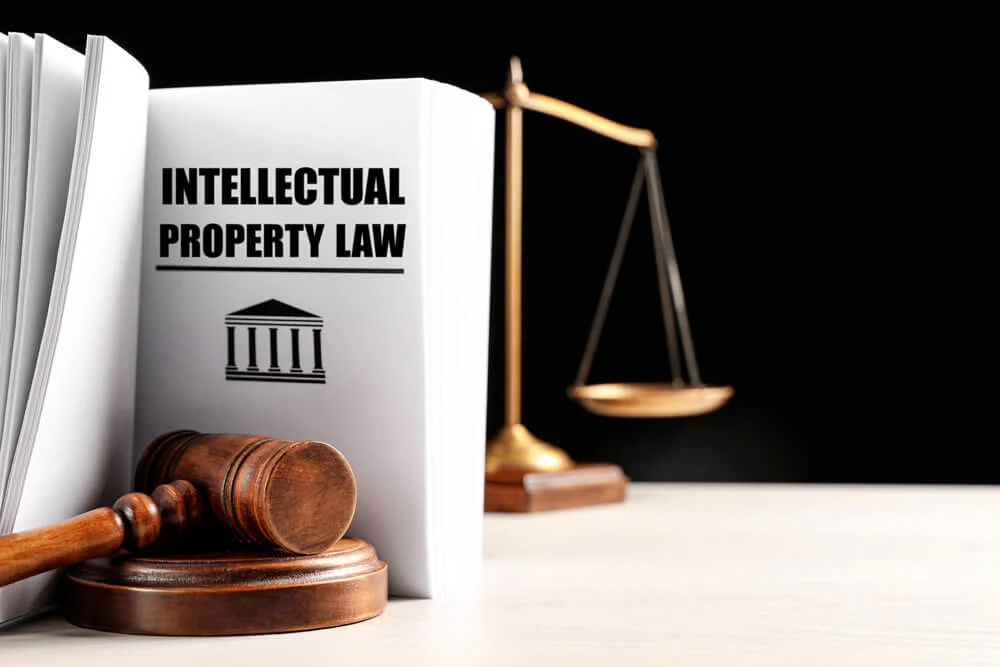The beauty of a patent is that it protects your invention for a certain period of time. In order to get the exclusive rights to this invention—i.e., no one else can make, use or sell your invention—you must publicly disclose the “ingredients and recipe” to your invention. As Mark Lemley, author of the Texas Law Review article, Property, Intellectual Property, and Free Riding, puts it, the intention of intellectual property protection is genuine:
Intellectual property protection in the United States has always been about generating incentives to create. Thomas Jefferson was of the view that “inventions … cannot, in nature, be a subject of property;” for him, the question was whether the benefit of encouraging innovation was “worth to the public the embarrassment of an exclusive patent.” On this long-standing view, free competition is the norm. Intellectual property rights are an exception to that norm, and they are granted only when—and only to the extent that—they are necessary to encourage invention. The result has historically been intellectual property rights that are limited in time, limited in scope, and granted only to authors and inventors who met certain minimum requirements. On this view, the proper goal of intellectual property law is to give as little protection as possible consistent with encouraging innovation.
However, Lemely continues on in his article to explain how good intentions don’t always lead to good practice, at least with intellectual property protection:
Congress, the courts, and commentators increasingly treat intellectual property not as a limited exception to the principle of market competition, but as a good in and of itself. If some intellectual property is desirable because it encourages innovation, they reason, more is better. The thinking is that creators will not have sufficient incentive to invent unless they are legally entitled to capture the full social value of their inventions. On this view, absolute protection may not be achievable, but it is the goal of the system.
THE GOLDEN TICKET
It appears that patents are treated like Willy Wonka’s Golden Tickets, as genuine real property rights, thus giving those fortunate enough to have been granted one by the U.S. government an infinite spectrum of rights at their disposal. This is certainly not the case. Common sense tells us that one may not use their patent in a way that would violate a U.S. law. For example, just because I am granted a patent for my new hover-car invention does not mean I can begin selling it because there are no laws allowing such a type of vehicle on the roads.
FREE RIDERS IN INTELLECTUAL PROPERTY
The free rider problem found in intellectual property protection is that owners of patents, overly supported by the judicial and legislative branches, believe their patents provide them absolute rights. This can create a free rider problem because patents are not developed in a vacuum outside of the flow of history or the allocation of resources. Many patent owners, by virtue of “standing on the shoulders of giants,” free ride on resources, goods or services for which they have not paid.
Fundamental scientific discoveries such as the principles of internal combustion, general and special relativity, the double-helix structure, and binary code were never patented; the famous scientists behind them never “monetized” in the current parlance. New inventors know this, and craft their patent strategies accordingly. The cumulative result of this is an “under-provision of those goods and services,” i.e. work in basic science, or the kind of work that falls outside of patentable subject matter.
There is an accompanying over-eagerness to secure patent rights as though they conferred worth in and of themselves, rather than merely striking the right monopoly vs. novelty balance necessary to foster innovation. Too often, this comes even at the expense of determining whether the patented article or process will be otherwise legally compliant, or profitably marketable!
WHAT’S NEXT?
Until the market begins to realize that this “absolute protection” theory of patents is actually hindering the rate and scope of human invention, we will likely continue to witness businesses and inventors vehemently protect their intellectual property as though it did carry a set of absolute, unlimited rights, and a value unto itself.
What does this all mean for you? If you are a patent owner or thinking about becoming one, it means that, no matter how the law morphs in this area, it is in your best interest to reach out to qualified intellectual property counsel for guidance to your specific circumstance. Solid legal counsel can find the appropriate balance of contracts, statutory protection, and overall strategy appropriate to protect and reward your hard work rather than compulsively seeking what may seem, but is not actually, some sort of carte blanche from the government.

